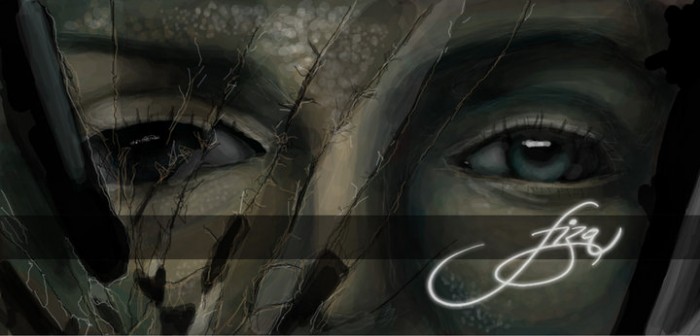Blog » Sex Markets: The Great Social Divide
July 22, 2012

By Raunaq Kalia
Anita was a young Nepalese when at the age of 12, she was lured by a friend, drugged and in that state of utter chaos sold across the border to a brothel owner in Mumbai. She had no idea that she was being forced into this gloomy world of sex trade and servitude. Gang raped and forced to serve up to 20 clients a day, Anita lived a life that wasn’t worth living. The feature length documentary “The Day My god Died” presents the heart wrenching stories of young girls who fall prey to this vicious trap of sex slavery and human trafficking. The film provides actual footage from the brothels of Bombay, known even to tourists as “The Cages,” captured with “spy camera” technology. In a study of Nepali women and girls trafficked for prostitution into India’s brothels, Human Rights Watch/Asia documents that “Most girls and women start out in these cheap brothels where they are ‘broken in’ through a process of rapes and beatings.” [1]
On the other hand, prostitutes have a legal status in a country like Netherlands where they are treated as self-employed persons; street prostitution exists in managed zones and brothels are legal but subject to licensing. A BBC article titled “How the Dutch protect their prostitutes” [2], highlights how the prostitute’s interests have been kept in mind while policy making. A number of cities in the Netherlands have created official “street walking zones” which feature special car parks for prostitutes and their clients. Ms Timmermans, the coordinator of the International Committee on the Rights of Sex Workers in Europe (ICRSE) says, “You can talk to a social worker, you can get a shower, a cup of coffee, things like that. I have never heard of anyone ever being hurt, or at least seriously hurt, in a zone.”
An ILO report argues that “All the country studies confirm that earnings from prostitution are often more than from alternative employment opportunities open to women with no or low levels of education.” [3] It suggests that when the sex sector is recognized as an economic sector, governments may be better able to regulate and monitor the expanding criminal elements of the industry such as organized crime, drug abuse, and especially child prostitution. But, is that really the case? That’s something the international community has to consider before making changes to their policies with regards to sex work.
While sex work is leading to the heinous issue of slave trade and human trafficking in some countries; there are others where sex workers’ rights are guaranteed and protected. In a country like ours, there is stigma attached to the profession; it is highly unorganized and unregulated and of course is illegal. Sex work has been carried out under the veil of massage parlors, escort services and secret brothels located in big metropolitan cities like Mumbai and Delhi. Due to the set ups being illegal and hidden from public eye, sex workers are generally forced to perform sexual acts without their consent by using physical torture and rape as an enforcing mechanism. Most girls working in these brothels are either smuggled from villages where ignorance prevails or are daughters bought from desperately poor farmers. The questions that most people ask is, “Sex work is a choice that the woman made to earn money. Why should the government or anyone else protect them for the choices they made?” But, what if the women were never asked if they wanted to sleep with strangers in return of cash? What if, they were stripped of all their dignity and thrown into a dingy cell and raped, everyday for the rest of their lives? These are the questions that need to be answered and every person in a society like ours must understand that prostitution may be a profession when it’s under the scrutiny of law but, it is only slavery of another form when human trafficking is involved.
[1] Coalition Against Trafficking in Women: Legitimating Prostitution as Sex Work: UN Labour Organization (ILO) Calls for Recognition of the Sex Industry – http://action.web.ca/home/catw/readingroom.shtml?x=16741&AA_EX_Session=c0bd4908f7b7a557c7c70b4cf2a00826
[2] BBC NEWS | Europe | How the Dutch protect their prostitutes – http://news.bbc.co.uk/2/hi/6178793.stm
[3] ILO Report on Sex Sector Receives Prestigious Publishing Prize at Frankfurt Book Fair – http://www.ilo.org/global/about-the-ilo/press-and-media-centre/news/WCMS_007999/lang–en/index.htm